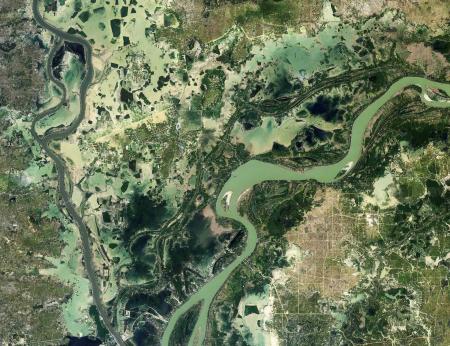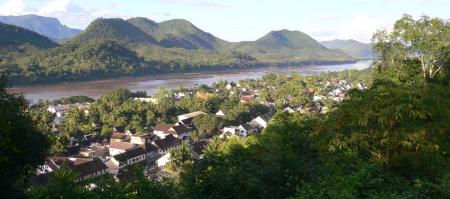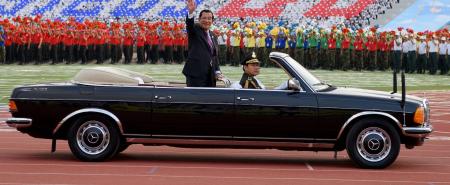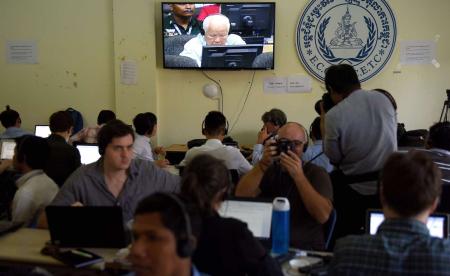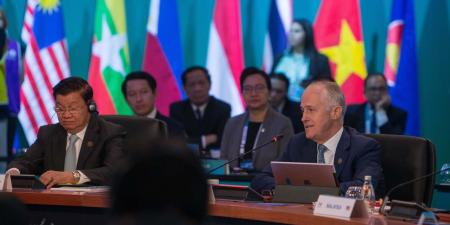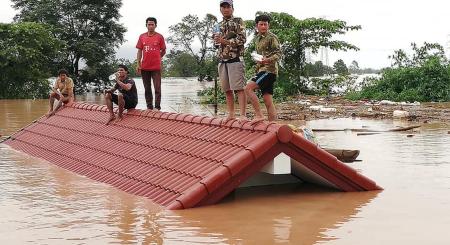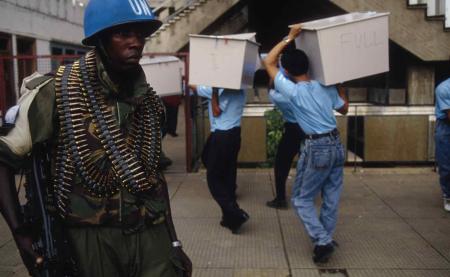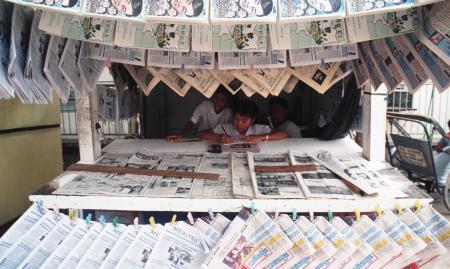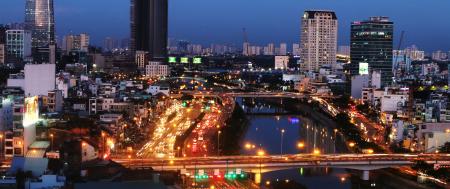Milton Osborne

Dr Milton Osborne was a Nonresident Fellow at the Lowy Institute for International Policy. He has been associated with Southeast Asia for more than 60 years since being posted to the Australian Embassy in Phnom Penh in 1959. A graduate of Sydney and Cornell Universities (University Medallist and Fulbright Scholar, respectively), he has held academic positions in Australia, the United Kingdom, the United States and Singapore.
In 1980 and 1981 he was a consultant to the United Nations High Commissioner on Refugees in relation to the Cambodian refugee problem, working along the Thai-Cambodian border. In 1982 he returned to government service as Head of the Asia Branch of the Office of National Assessments, also serving for a year as Head of Current Intelligence. Since 1993 he has been an independent writer and consultant on Asian issues, based in Sydney, and has been an Adjunct Professor and Visiting Fellow in the Faculty of Asian Studies at the Australian National University, Canberra.
He is the author of 11 books and many articles on Asian subjects including: Southeast Asia: An Introductory History, now in its 12th edition; River Road to China: The Search for the Source of the Mekong (A New York Times ‘notable book’); The Mekong: Turbulent Past, Uncertain Future; and most recently Pol Pot solved the Leprosy Problem. In 2014 he was honoured by the French government, appointed as Commandeur in the Ordre National du Mérite, for his past work with French officials and his contribution to the study of France’s role in Asia. In 2021, he was appointed a Member of the Order of Australia.
